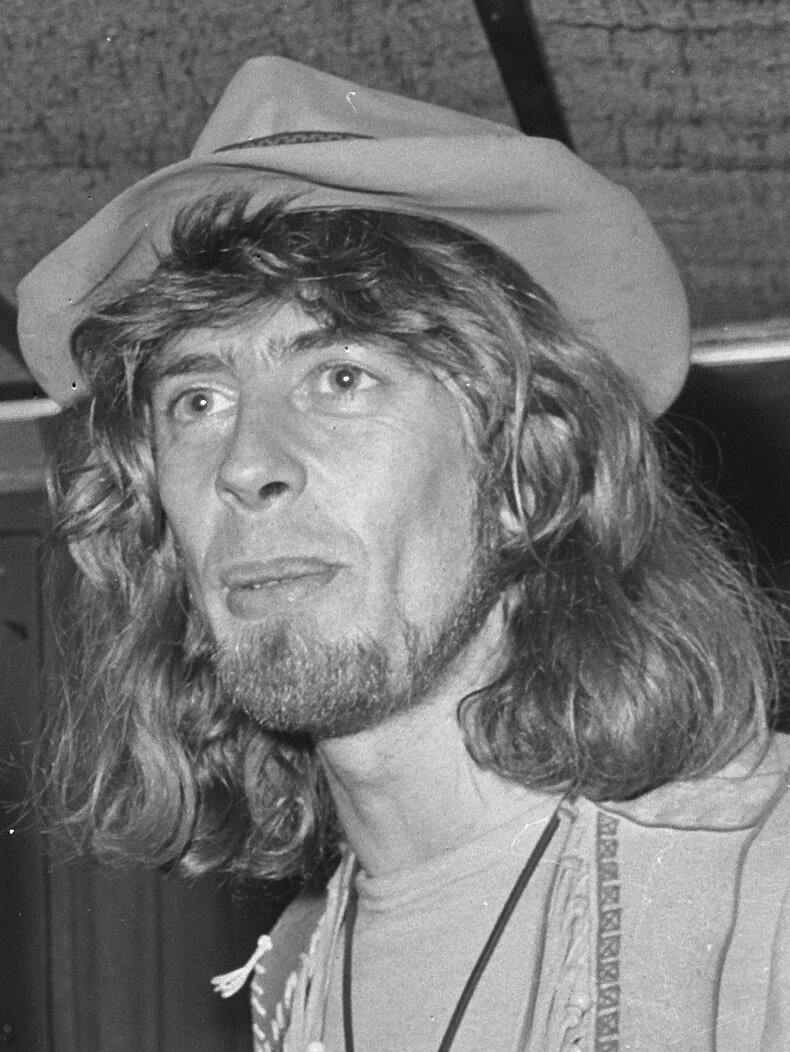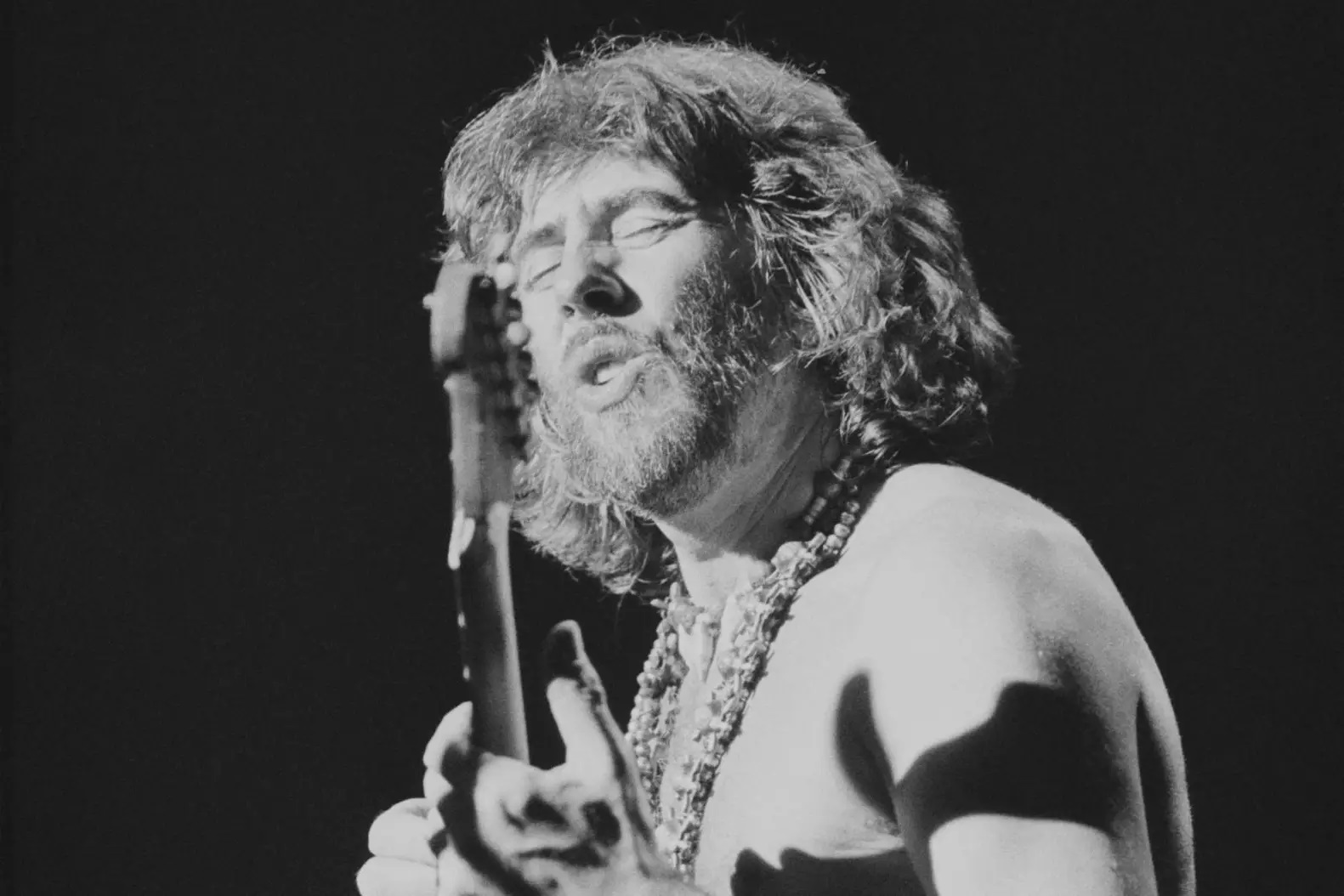John Mayall – A Complete Biography
Introduction
John Mayall (November 29, 1933 – July 22, 2024) was an English blues bandleader, multi-instrumentalist, songwriter, and tireless catalyst behind the 1960s British blues boom. Across nearly seven decades he recorded prolifically, mentored an astonishing roster of future stars, and helped re-center the blues in both the U.K. and U.S. music scenes—earning nicknames like the “Godfather of British Blues” and recognition as one of the genre’s most influential figures.

Childhood
Mayall was born in Macclesfield, Cheshire, to Beryl and Murray Mayall; his father’s record collection and amateur guitar playing ignited John’s early fascination with blues and jazz. As a child and teen he taught himself piano, guitar, and harmonica by absorbing recordings by Lead Belly, Albert Ammons, and others—an autodidact streak that defined his life.
Youth
After secondary school, Mayall performed National Service in Korea, then studied graphic design at Manchester College of Art. He played in early semi-pro groups around Manchester (such as the Powerhouse Four and Blues Syndicate) before Alexis Korner—another foundational figure in U.K. blues—encouraged him to go full-time and move to London in 1963.
Adulthood
In London, Mayall formed John Mayall & the Bluesbreakers, a revolving-door ensemble that became a finishing school for future legends. Different lineups featured Eric Clapton (whose 1966 album with Mayall became a touchstone), Peter Green and John McVie (who soon launched Fleetwood Mac with Mick Fleetwood), and Mick Taylor (who later joined the Rolling Stones). Mayall’s bands toured relentlessly and recorded both gritty Chicago-style sets and adventurous hybrids that folded in jazz, funk, and acoustic textures.
Relocating to California in 1969, he issued a run of exploratory albums and, over the following decades, kept reshaping his groups—later nurturing talents like Walter Trout and Coco Montoya. Honors accumulated: appointment as OBE in 2005, induction into the Blues Hall of Fame in 2016, and recognition from the Rock & Roll Hall of Fame in 2024. He retired from heavy touring in 2021–2022 due to age and health, delivering a final concert in March 2022 at The Coach House in San Juan Capistrano, California.
Major Compositions (Recordings & Signature Works)
While Mayall wrote songs, his legacy is best understood through albums that codified and expanded British blues:
- Blues Breakers with Eric Clapton (1966) – A landmark of British blues, famed for its molten guitar tone and tight Chicago-style covers alongside Mayall originals.
- A Hard Road (1967) – Featuring Peter Green, this set broadened Mayall’s palette and helped launch Green’s career.
- Crusade (1967) and Bare Wires (1968) – Horn-rich ensembles that wove jazz colors into Mayall’s blues frameworks.
- The Turning Point (1969) – A celebrated live album with a drum-less lineup (“Room to Move”), showcasing Mayall’s willingness to rethink blues architecture.
- Jazz Blues Fusion (1972) and USA Union (1970) – Explorations of jazz-blues fusion during his American years.
- Wake Up Call (1993) – Earned a Grammy nomination, emblematic of his 1990s resurgence.
- A Special Life (2014), Nobody Told Me (2019), and The Sun Is Shining Down (2022) – Late-career highlights that underscored his sustained creativity, with his final studio album earning a Grammy nomination for Best Traditional Blues Album.
Death
John Mayall died at home in California on July 22, 2024, aged 90. His passing was confirmed by his family and widely mourned across the music world, with tributes noting both his personal artistry and his unparalleled role as a mentor-leader of the British blues. He was interred at Hollywood Forever Cemetery.
Conclusion
Few musicians exerted as much structural influence on modern blues and blues-rock as John Mayall. Through the Bluesbreakers’ many iterations—and through a discography that moved from Chicago homage to jazz-blues hybrids—he shaped the careers of Clapton, Peter Green, John McVie, Mick Fleetwood, and Mick Taylor, among others. Mayall’s work helped re-export American blues to new audiences, fueled the 1960s U.K. scene, and remained creatively vital well into his late eighties. His catalog and his “talent incubator” legacy ensure that his impact will continue to resonate wherever electric blues is played.

Comments are closed